Overview
Eyelid conditions in pets are common and can cause discomfort, irritation, and more serious eye problems if left untreated. These conditions can affect both dogs and cats and often stem from physical abnormalities, injuries, or congenital defects. Early detection and treatment are essential to ensure your pet’s eye health and overall well-being.
Common Eyelid Conditions
- Conjunctivitis (Inflammation of the Inner Lining of the Eyelids)
- Description: Conjunctivitis is often linked to abnormalities in the eyelids, either hereditary or congenital, though sometimes it appears later in life. The inflammation typically results from physical trauma to the eye caused by these conditions. If not properly corrected, the issue can recur, potentially leading to blindness.
- Symptoms: Redness, swelling, discharge, and discomfort around the eyes.
- Treatment: Addressing the underlying eyelid abnormality is crucial, often requiring surgical intervention to prevent ongoing irritation and damage.
- Distichiasis
- Description: Distichiasis refers to the presence of an extra row of eyelashes along the inner edge of the eyelid. These extra lashes rub against the eye, causing discomfort, inflammation, and infection.
- Symptoms: Excessive tearing, squinting, redness, and frequent blinking.
- Treatment: Surgical removal of the extra row of eyelashes is necessary to alleviate discomfort and prevent further complications.
- Trichiasis
- Description: In trichiasis, some eyelashes grow inward toward the eye instead of outward. These lashes can cause pain, inflammation, and infection by constantly rubbing against the eye.
- Symptoms: Eye irritation, redness, tearing, and squinting.
- Treatment: Surgery is required to remove the misdirected eyelashes and prevent ongoing damage to the eye.
- Ectropion
- Description: Ectropion is a condition where the eyelid rolls outward, often forming a pouch-like structure instead of lying flat against the eye. This exposes the eye to foreign materials like dust and dirt, increasing the risk of trauma and infection.
- Symptoms: Droopy eyelids, redness, irritation, and frequent infections.
- Treatment: Surgery is needed to correct the eyelid’s position and reduce the eye’s exposure to environmental hazards.
- Entropion
- Description: Entropion occurs when the eyelid rolls inward, causing the eyelashes to rub against the eye. This can lead to significant discomfort, irritation, inflammation, infection, and potentially loss of vision.
- Symptoms: Squinting, excessive tearing, redness, and pawing at the eyes.
- Treatment: Surgical correction is necessary to properly align the eyelid and prevent it from rolling inward
- Keratoconjunctivitis Sicca (Dry Eye)
- Description: Commonly known as “dry eye,” this condition arises when there is insufficient tear production to keep the eye properly lubricated. Without adequate moisture, the outer layers of the eye can deteriorate, leading to blindness. The eye may also accumulate thick mucus along the eyelid margin.
- Symptoms: Dryness, thick discharge, redness, and discomfort.
- Treatment: Initial treatment usually involves medical therapy to restore tear production. If this fails, surgery may be performed to reroute salivary ducts to provide fluid for eye lubrication.
When to Seek Veterinary Care
If you notice any signs of discomfort, swelling, redness, or unusual growths around your pet’s eyes, it’s important to seek veterinary care promptly. Early intervention can prevent more serious complications and ensure your pet’s eyes remain healthy and comfortable.
Contact Information
Mission Veterinary Clinic is located at 16915 San Fernando Mission Blvd, Granada Hills, CA 91344. As an urgent care facility, we see patients on a walk-in basis only, and no appointments are necessary. For more information or if you have concerns about your pet’s eye health, please call us at 818-363-8143.
Note: This information is provided as a general guide and should not replace professional veterinary advice. If you have concerns about your pet’s health, please consult with one of our veterinarians.
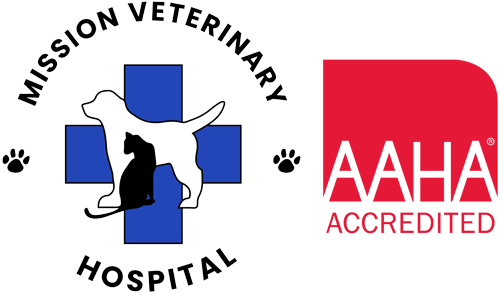
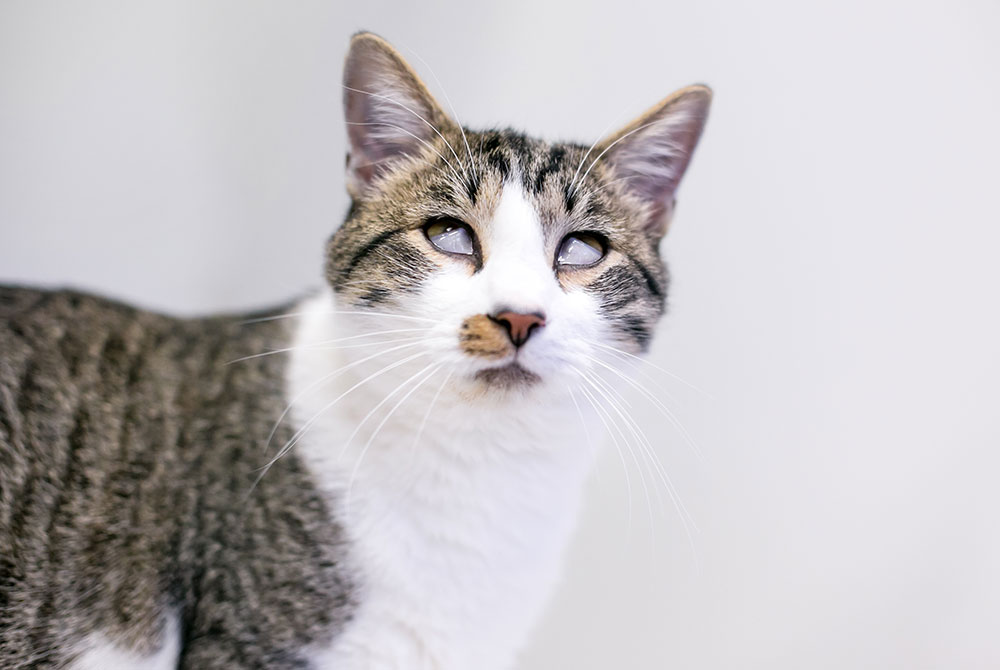
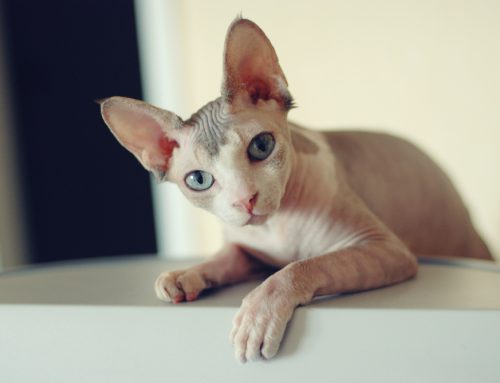

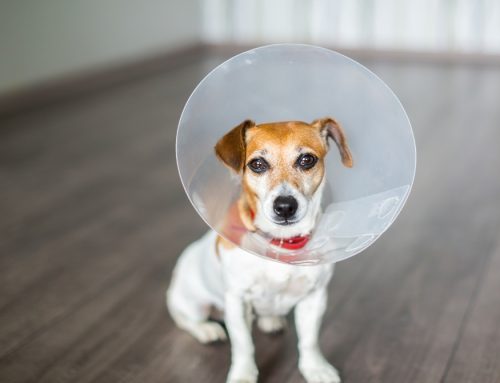
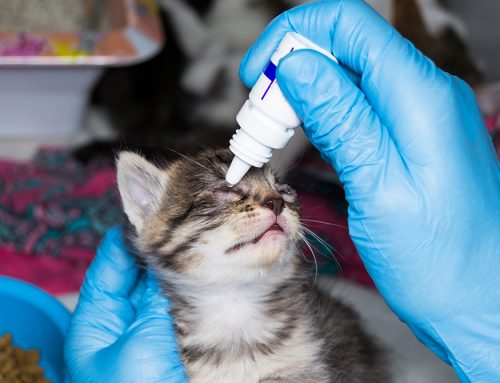




Leave A Comment